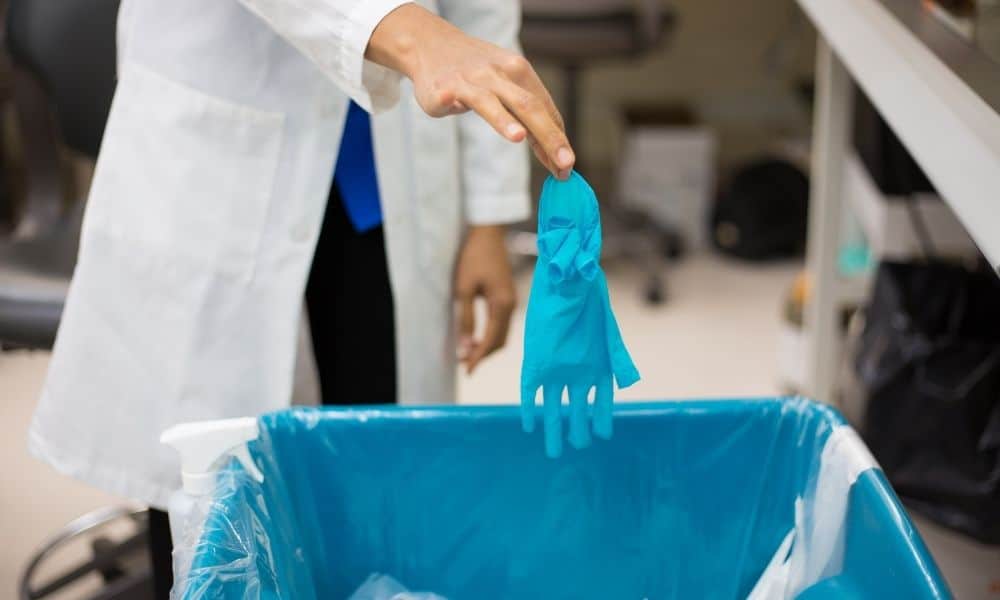Hospitals are places where people who are sick or injured go to seek treatment. This means they can be a source of illness when workers don’t take precautionary measures to curb the spread of infection.
Hospital-acquired infections (HAIs) are surprisingly common. According to the CDC, one in 25 patients in U.S. hospitals deals with an HAI on any given day. These HAIs can be harmful not just to patients, but to the hospital itself. The more people that require treatment, the more valuable resources the hospital will use.
Are you wondering how to prevent the spread of infection in hospitals? Here are some precautionary measures you can take to prevent the spread of HAIs between patients, staff, and visitors.
Dispose of Waste Correctly
One way to prevent the spread of HAIs is to make sure your staff knows how to properly handle different kinds of medical waste. Medical waste describes any sort of potentially harmful waste produced by healthcare facilities—everything from used tissues to blood samples.
If workers handle or dispose of this waste incorrectly, it can lead to the spread of infections and illnesses. Make sure to train workers who may come into contact with hazardous materials on the CDC guidelines for hospital waste management.
Regularly Clean and Disinfect
The next tip on how to prevent the spread of infection in hospitals is to get into the habit of scrubbing things down. Workers must clean anything that comes into contact with a potentially infected person or any contaminated material before its next use. Soap and water aren’t enough—instead, use a cleanser that contains bleach.
Employees should also clean areas such as exam rooms, waiting rooms, and the nurse’s station. Wipe down any surfaces (tables, chairs, countertops, etc.), and don’t forget to mop or vacuum the floors.
Provide Patients With the Necessary Tools
Healthcare professionals aren’t the only people who should wash their hands and wear masks. You must supply them with the right tools.
To curb infection, stock your waiting room with disposable tissues, masks, and hand sanitizer. The bathroom soap dispensers should contain antibacterial soap as well as paper towels—numerous studies have shown that hand dryers disperse bacteria.








